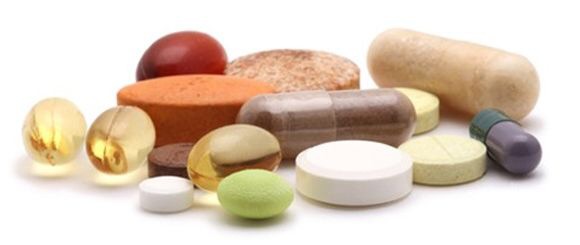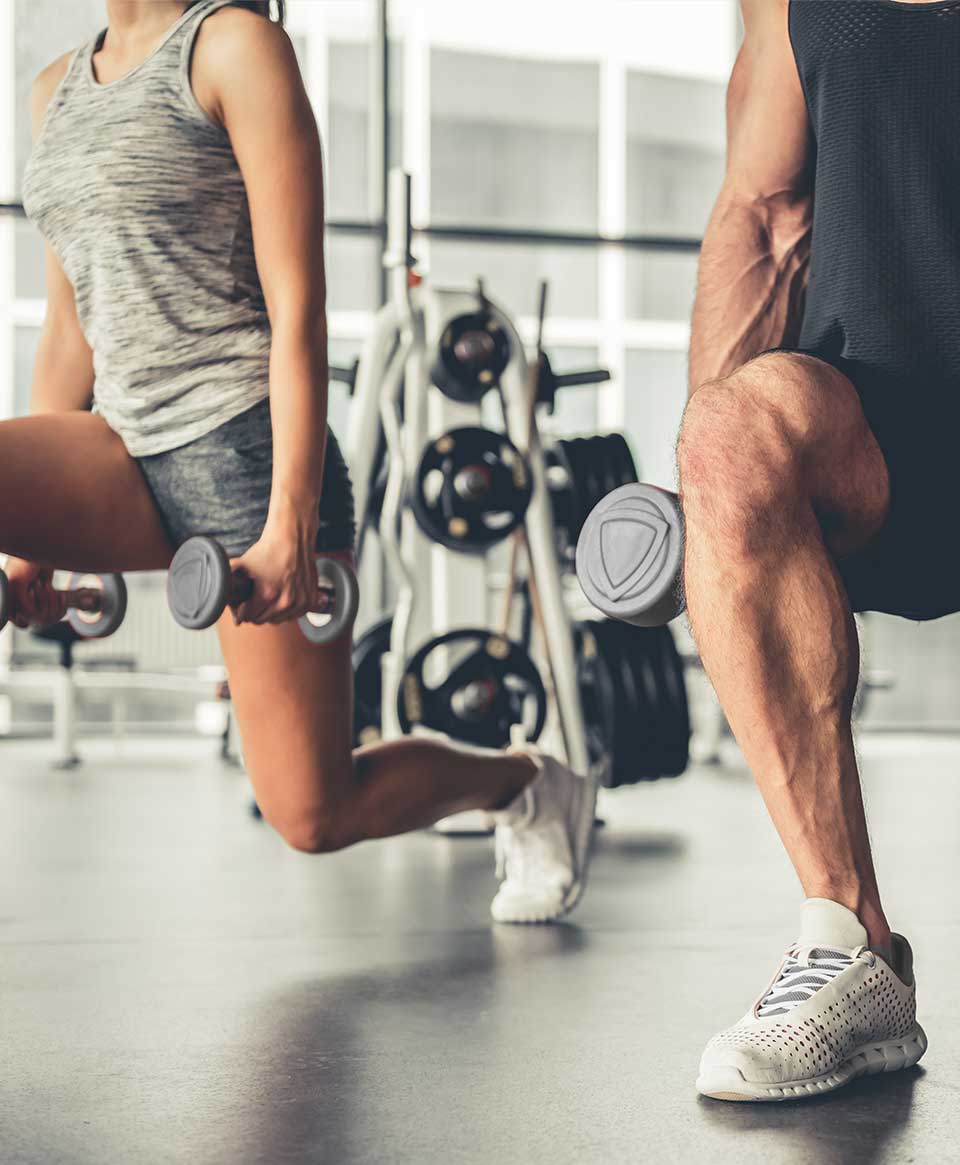
We’ve all seen that girl or guy who kills him or herself in the gym day in and day out.
They’ve got the perfect toned body. They chug protein shakes after an intense workout and can talk macros like a nutritionist.
People like this can make the average gym-goer feel like they’ve drawn the short end of the genetic stick. For those of us who struggle a bit more during a workout and want a quick fix, nutritional supplements hold a lot of appeal. Promises of ‘build muscle faster’ and ‘shred fat’ seem like the magic option.
But what really sets the mediocre gym member apart from the great athlete is nutrition or a lack of before, during and after a workout. Hence the protein shakes and the macros.
You don’t have to be a nutritionist to get the results you want for your body. You just need to be more informed. Usually a balanced diet is sufficient for most people. However, many people take supplements to improve their training results and athletic performance. These can be especially useful when you feel your diet is not sufficient enough.
Popular safe supplements include multivitamins to correct nutritional deficiencies and products containing protein, creatine or glutamine to increase muscle strength and size and to enhance performance.
Deciding what supplement to take can be a tall task. Companies are constantly marketing their latest muscle-building “breakthrough” product, which may sound tempting.
But don’t be fooled. Only a few muscle-building supplements have actually been proven by science to effectively and safely build lean-muscle mass. Here’s what you need to know.
Please consult a doctor or certified nutritionist before making any changes to your daily regimen. Always make sure you follow guidelines, intake only the recommended dosages and discontinue use immediately if you have side effects.
Supplement Guide:
Muscle Builders
Creatine. Researched in over 200 published human studies, creatine monohydrate is without a doubt the number one muscle-building supplement that works. Creatine increases muscle protein and glycogen content, and it delays fatigue during repeated, high-intensity bouts of exercise.
Take the recommended dosage per day either before or after training (take it with a meal on off-days), and co-ingest it with some carbohydrates or protein to help your muscles absorb it more effectively.
Protein. The simplest way to gain muscle mass is to eat more calories and strength train. The stronger you become the more protein you’ll require.
The recommended dosage from the FDA rounds out to at least 25 grams of protein at every meal. Breakfast, after a workout and before bed are the most important times to take in high-quality protein. Whey protein powder is a fast-acting source of protein and an excellent option to consume post workout. (See What You Need To Do For Lean Muscle)
Beta-Alanine. Many pre-workout supplements include beta alanine, which tends to cause a tingling sensation in the body shortly after you consume it.
A naturally occurring amino acid, beta alanine is perfectly safe to consume as a supplement. It works by stimulating the production of carnosine, which plays a huge role in fighting hydrogen ion buildup in the muscles during exercise. Hence the tingling sensation.
Hydrogen ions—not lactic acid as is commonly thought—cause the “burn” sensation during a workout and lead to muscle fatigue. A decrease in hydrogen ion buildup leads to increased strength and endurance.
Recovery
Branched Chain Amino Acids. BCAAs are essential for muscle building and recovery. Every protein is made up of chains of amino acids. By supplementing the three BCAA’s—leucine, isoleucine, and valine—you can kick-start your muscle building and recovery process.
To get maximum benefit, take 3 to 5 grams of BCAAs about 30 minutes before a workout, or during a workout. Also, make sure your post-workout protein contains all three essential BCAAs.
Vitamin E. A key nutrient for recovery, Vitamin E decreases inflammation, reduces muscle soreness and protects against cell damage, helping the body recover from intense training. It is often deficient in people who eat highly processed diets. Vitamin E is commonly found in seeds, nuts, flax and vegetable oils.
Everyday Nutrition
Multi-Vitamin. The human body needs lots of different nutrients to be able to perform and function at a high level. It can be difficult to consume all those nutrients through food alone on a daily basis. Especially the more stressed and busy we can get.
Fish Oil. A source of Omega-3 fatty acids, which help reduce inflammation, improve heart health and improve joint health.
Calcium. Aids in strengthening muscles and bones, and plays a role in burning fat as fuel. Adequate calcium stores can be hard to maintain as you age. Plus, if you’re lactose intolerant, taking in the recommended 1300 mg/day requires extra attention. Dairy is the most common food source, but calcium is also found in fortified orange juice, leafy greens and black-eyed peas.
Iron. Helps deliver oxygen to cells for energy production and brain function. Iron is often deficient in female athletes, leading to a condition called anemia. Iron can be found in certain cereals such as Total and Raisin Bran, as well as in red meat, nuts and seeds. Men should aim for 10 mg/day, females 15 mg/day. Iron absorption is aided by vitamin C.
Potassium. This mineral helps maintain water balance, preventing dehydration and allowing muscles to contract. Common sources of potassium include bananas, potatoes and avocados.
Want more information? If you’re interested in using supplements to meet your macro- or micro-nutrient needs, check trusted resources such as:

